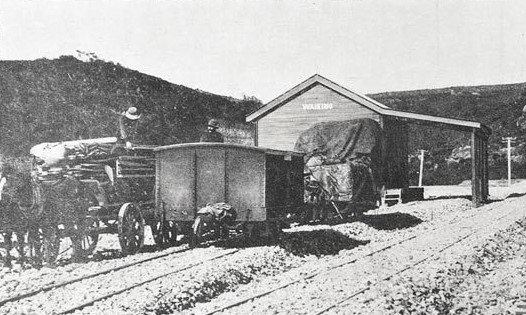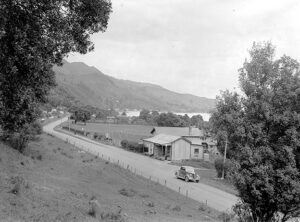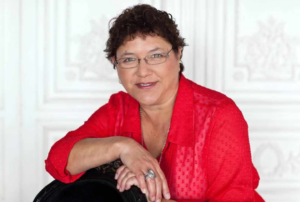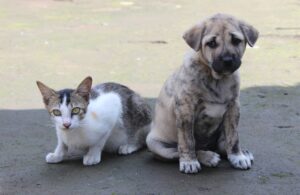As part of a Valley Profile series, MEGHAN HAWKES searches through old newspapers to bring you the stories Thames Valley locals once read about themselves.
1915
Mrs Alexander was incensed by wandering horses and cattle disturbing the peace at Waikino. It was a curse at night, she told the Ohinemuri Council, as the cows and calves had bells around their necks and after a sleepless night on top of other sleepless nights she had had enough.
Finding water scarce on his Hikutaia farm, Bert Alley decided to sink a bore. At 18ft sand and mud were met with. At 100ft what appeared to be a large log was passed through.
At 170ft it was decided to give up but no sooner had the rods been lifted, than there was a rush of water. To everyone’s surprise the water was hot with a similar taste to the Te Aroha waters. It was intended to have a careful analysis made in case the discovery was a valuable commercial one.
The opening of the Ngātea sale yards drew a large gathering of settlers from all parts of the Hauraki Plains.
There was a large yarding of cattle, horses, pigs and sheep, all in excellent condition, testament to the nutritious nature of the pasture land on the Hauraki Plains. The sale was enlivened when two full grown pedigree Jersey bulls had a difference of opinion, and settled the argument in the good, old-fashioned way. They were very evenly matched and it took dogs to stop the contest.
Frank Morton, a well known writer, was less than impressed with Paeroa. The town, he said, was beyond all mortal hope of resurrection. It simmered in its own gravy, and the gravy had gone sour. The very birds flew over it in solemn panic and it resembled a gimcrack town built shabbily of inferior brown paper wet through and mouldy.
It was flyblown but there was nothing left for the flies to blow on. The bar of a boardinghouse was the saddest spectacle on earth. There stood weary men drinking tepid pop, looking horribly bored and dismal. The undertaker had his work cut out in Paeroa – it was mighty hard to pick out the real dead from the huddle of apparently lifeless shapes.
A daring and well executed piece of horse stealing which began in Ngāruawāhia had a sequel at Thames.
The horses were put on a tram at Huntly en route for Thames. From there they were shipped to Auckland, where auctioneers, having received a wire from the supposed owner, who gave his name as George Snow, took the horses off the boat and put them up for sale.
Luckily a spy attended the sale, just in case the animals might be there. They were, but the spy had a hard job convincing the auctioneers that the horses were stolen.
“How could they be stolen from Ngaruawahia?” they asked, “they have come straight from Thames.”
When ‘Mr Snow’ saw that the auctioneers were convinced of his guilt, he quickly melted away.




